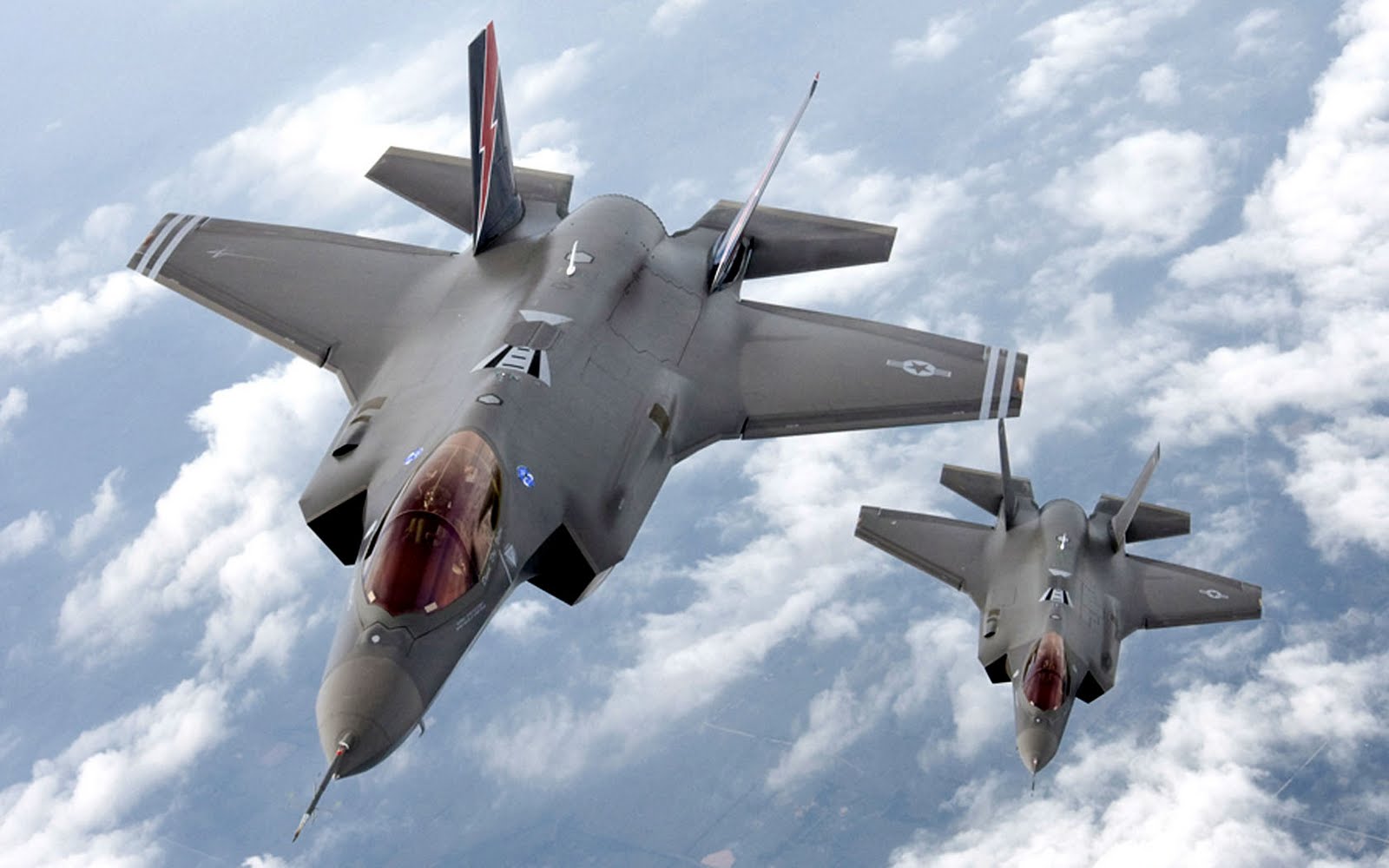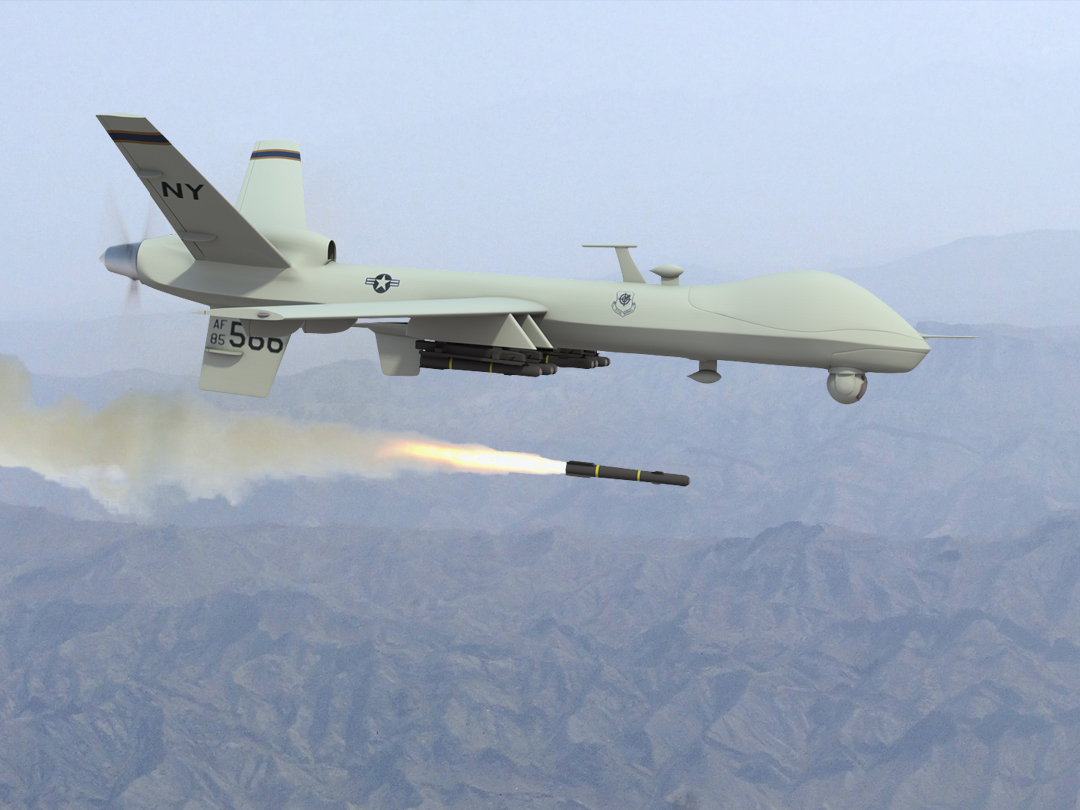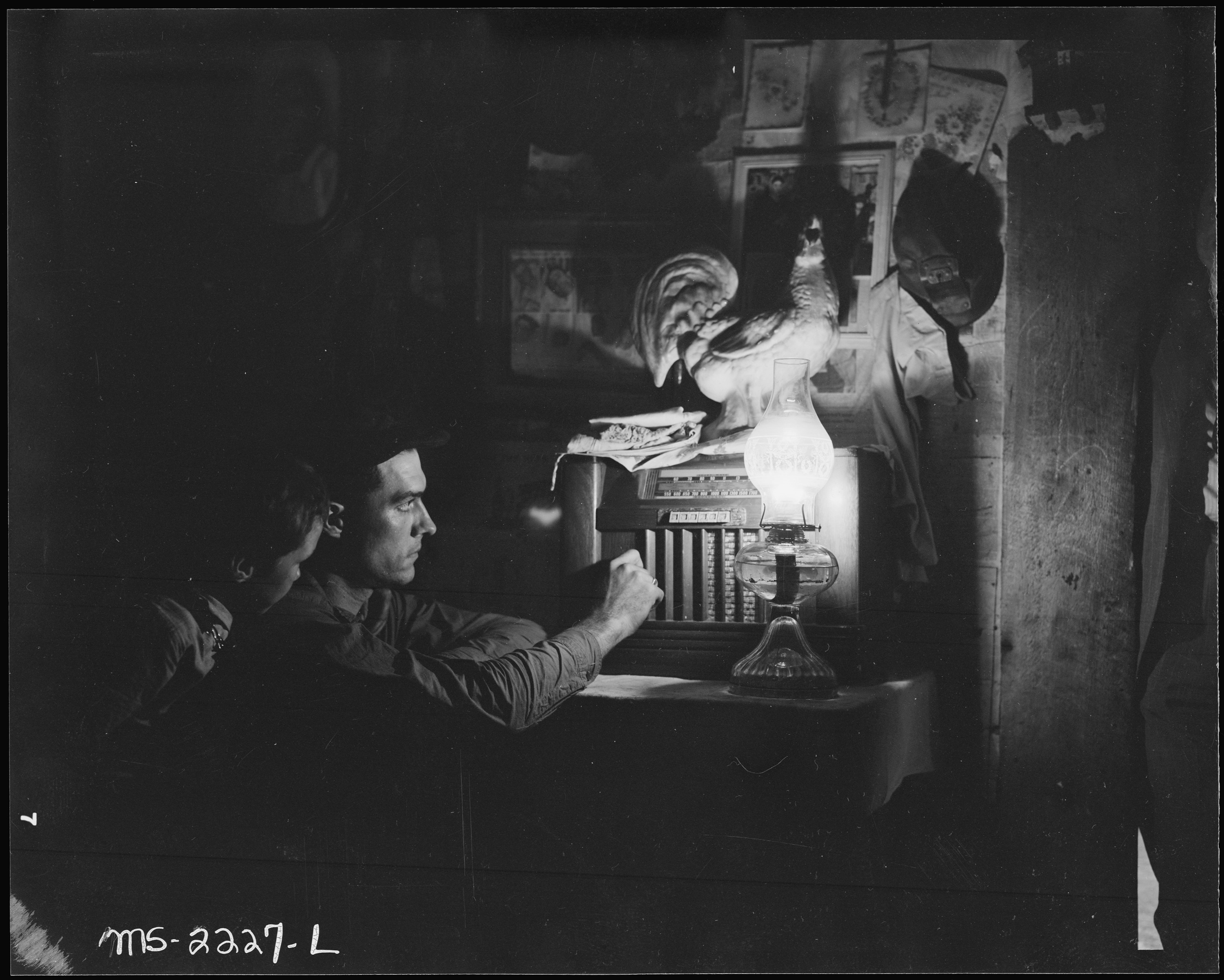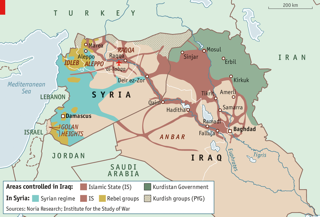A leaked briefing from Washington this past week outlined Canada’s intent to purchase four F-35 stealth fighters for the current fiscal year. This is surprising considering Public Works Canada is insisting that a decision has not been reached on the procurement of new jets. It begs the question: if a decision has in fact been made, when will the Canadian public be informed?
As early as July 2010, then Defense Minister Peter MacKay revealed in a news conference that Canada planned to purchase new jets from Lockheed Martin with an expected delivery for 2016. In 2012 a Canadian government brief outlined that the government was slowing down the procurement process and delaying the earliest proposed delivery date of 2016. However, the latest leak from the Pentagon indicates that the current delivery schedule is for 2019, but what the Canadian government is seeking to swap places with the United States on Lockheed Martin’s procurement schedule and receive four F-35 fighters as early as 2016 or 2017.

This means that in the past two years, the Harper government has “pressed pause” on the endeavor of replacing the aging CF-18 fleet. Such a delay may be the result of the government’s poor management of the procurement process, which has inflicted a significant hit on its creditability. The government’s various announcements have left some confusion over what type of decision would come of the debate over fighter jet procurement.
As a result of the uncertainty, defense lobbyists have acted from both ends of the spectrum, advocating at one extreme for a competition to be held in order to allow other defense contractors a fair opportunity to display their products, and at the other extreme stating in public letters that delaying the process with a competition is only more costly and time consuming. All of this leads to a lot of ambiguities within the public’s understanding of the government’s decision.
In a National Post article the office of Public Works Minister Diane Finley stated that there has still yet to be a final decision made on the replacement of the CF-18’s. The same article cites Lt.-Gen. Chris Bogdan, head of the F-35 program in the U.S, stating that the Canadian government will be notifying US Congress by late November of its decision. Even if one were to ignore these conflicting government announcements, Lockheed Martin confirmed to the National Post that there has been no change in Canada’s funding or positive participation in the F-35 program.

It is becoming more and more apparent that a decision appears to have been reached by Canada’s current Conservative government. With an election year on the horizon for Government, of Canada the hope is that more will be revealed in the coming months and in turn the procurement processes will become more transparent.




